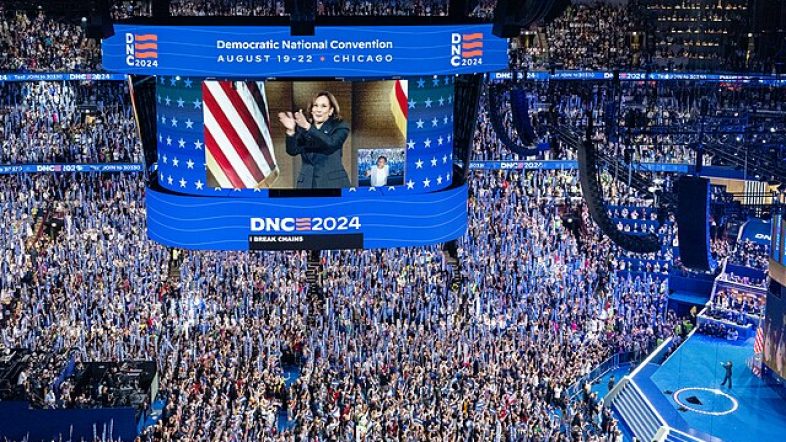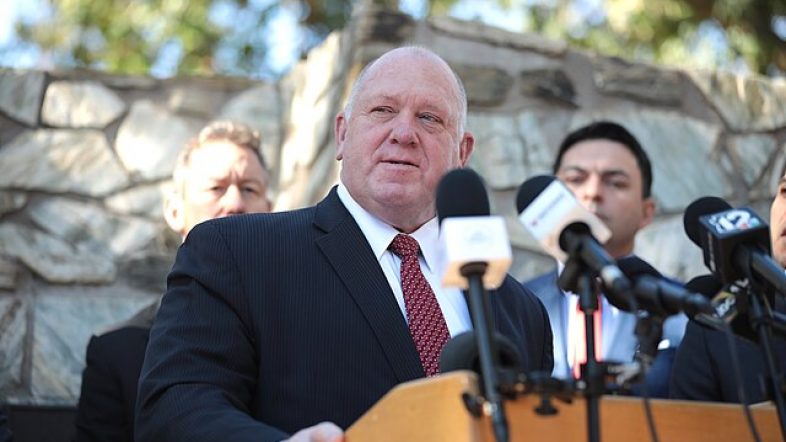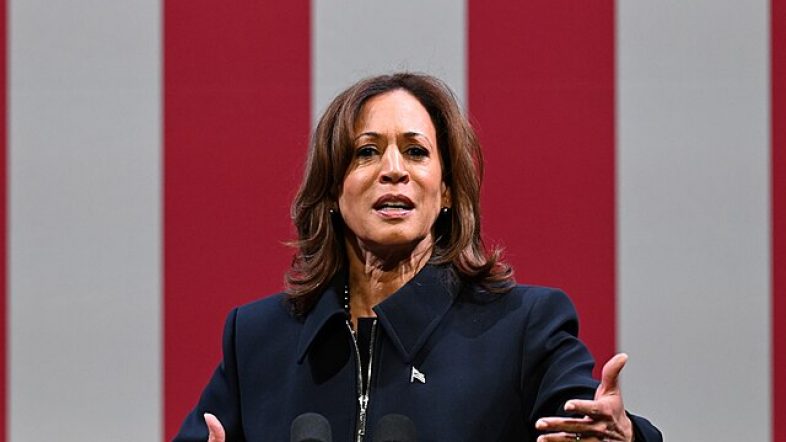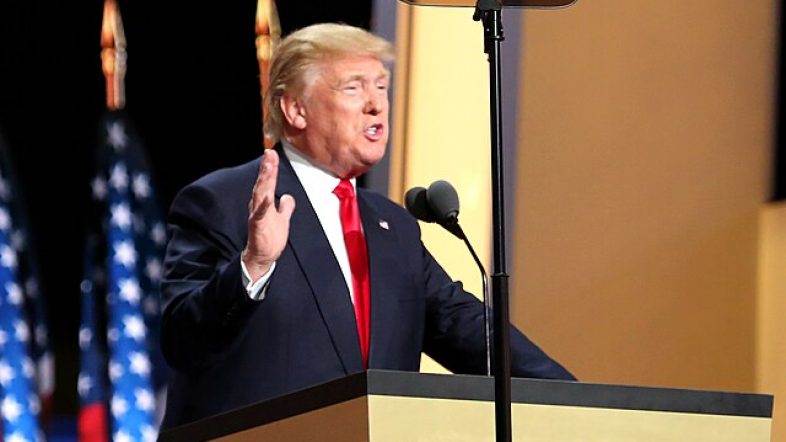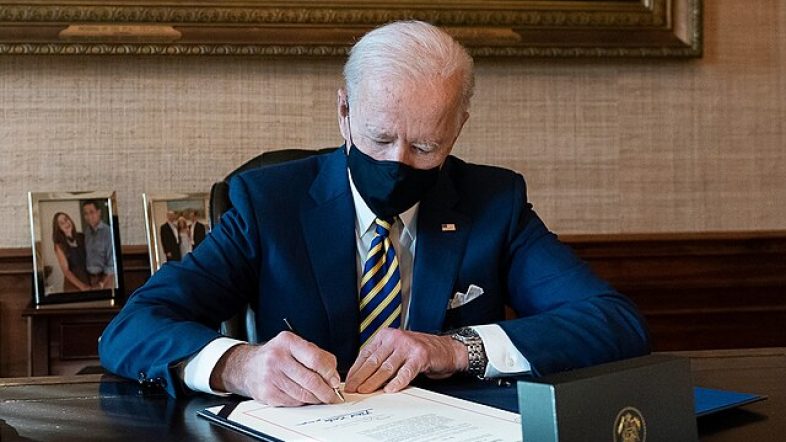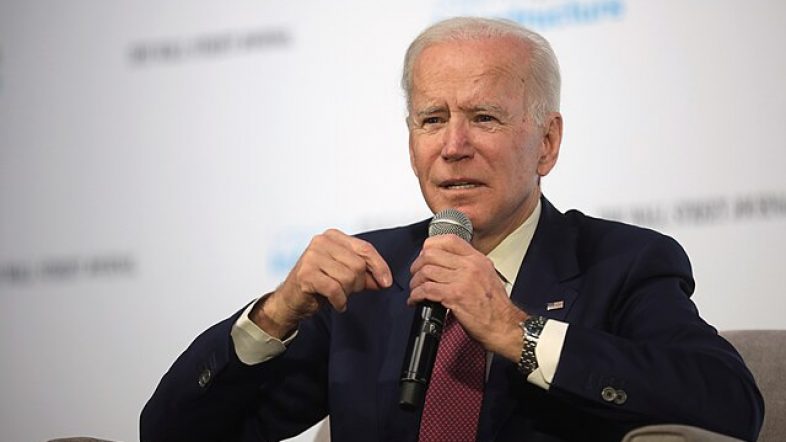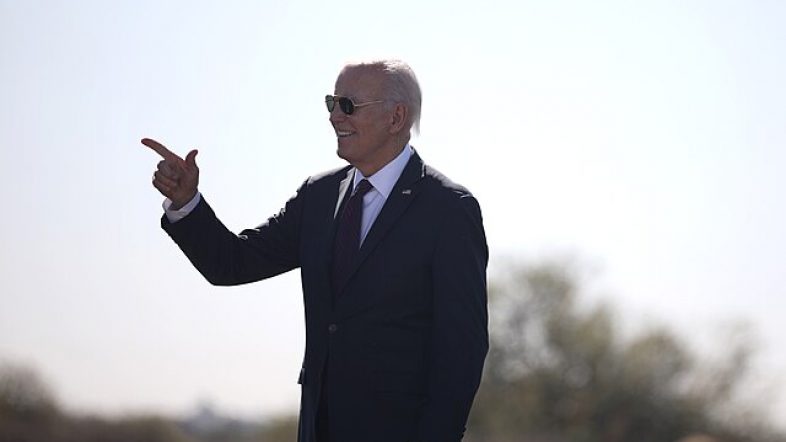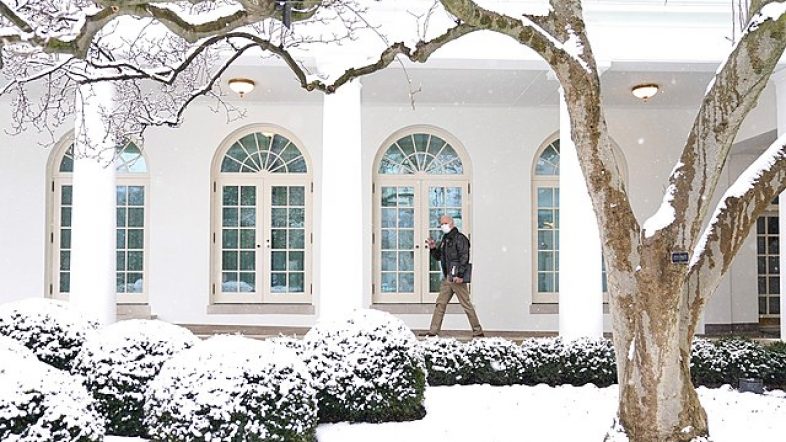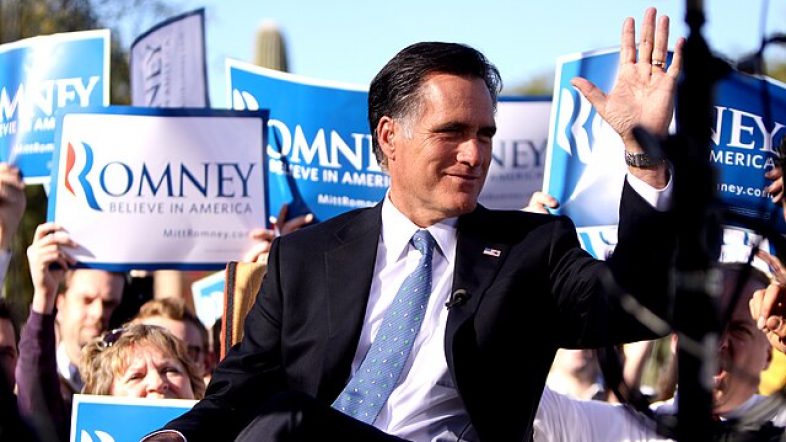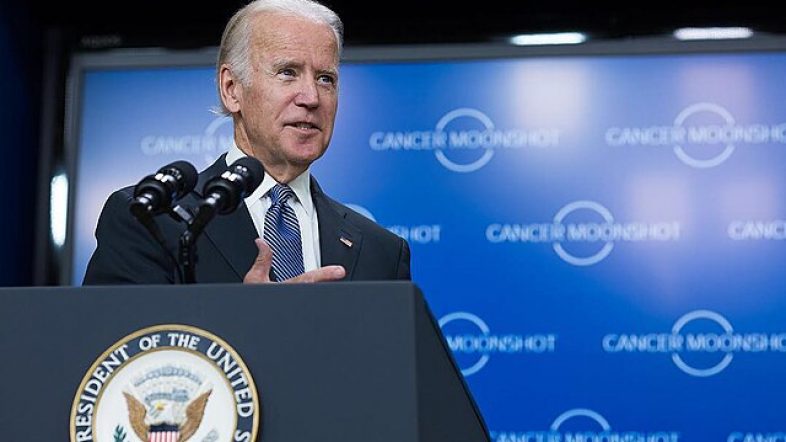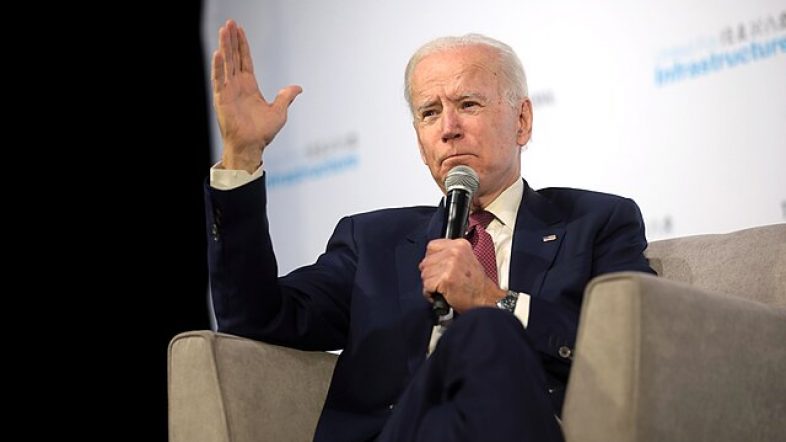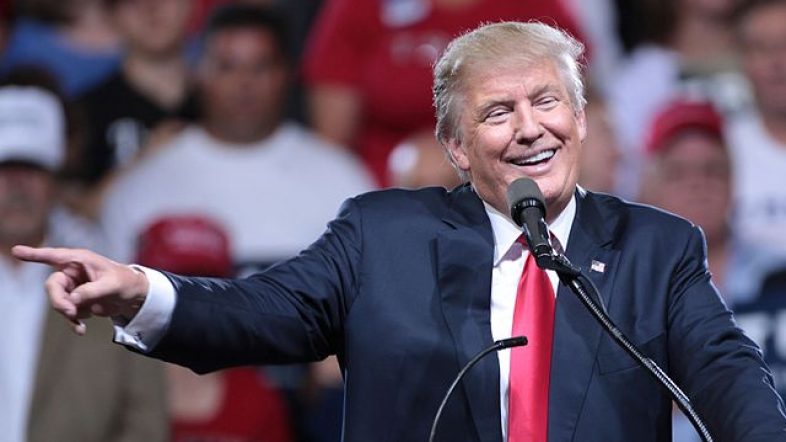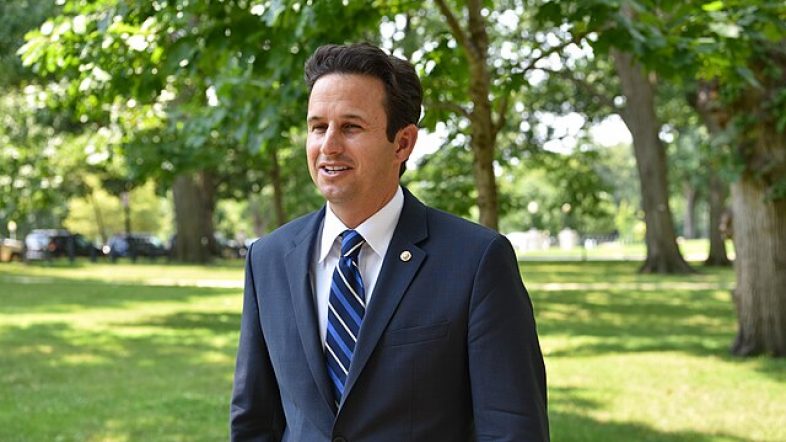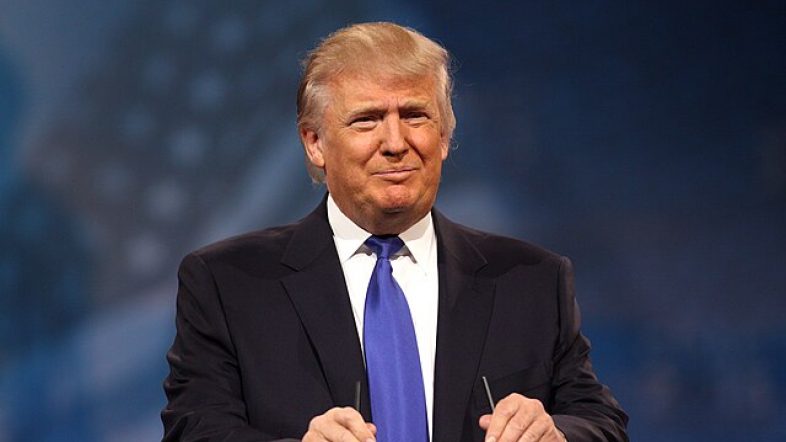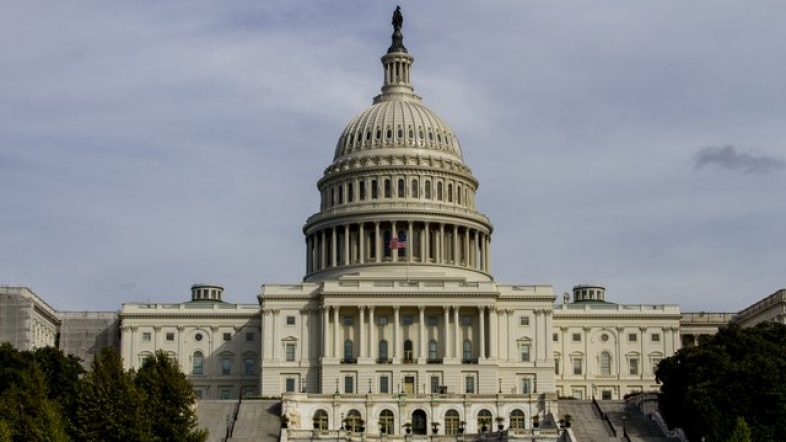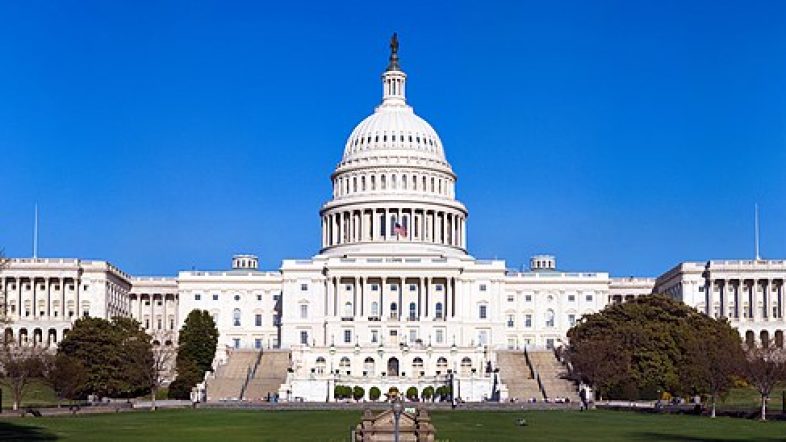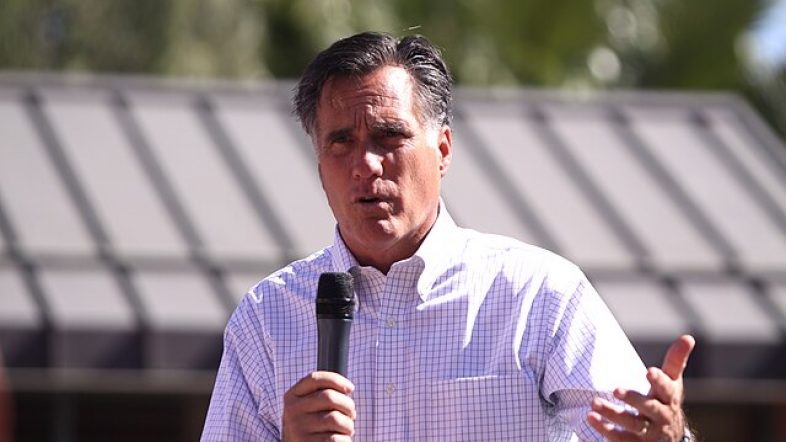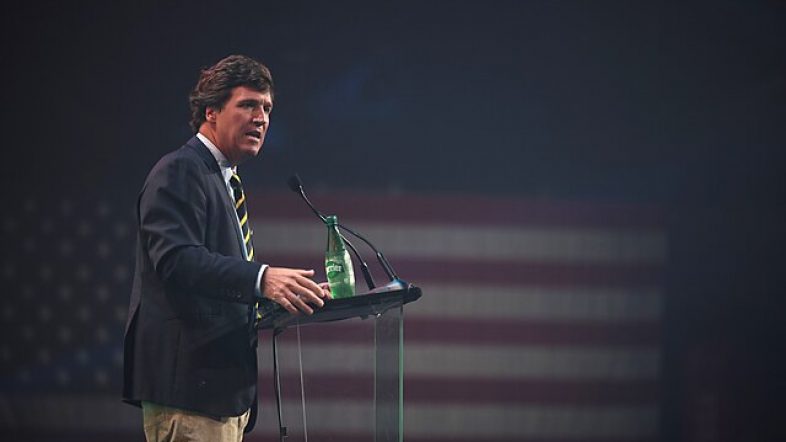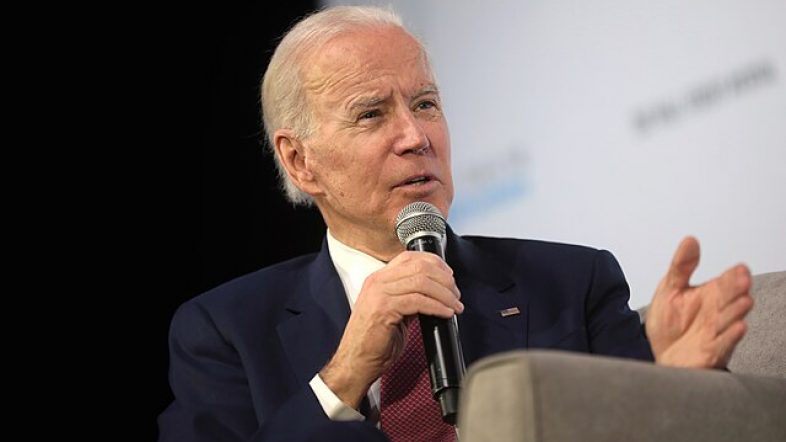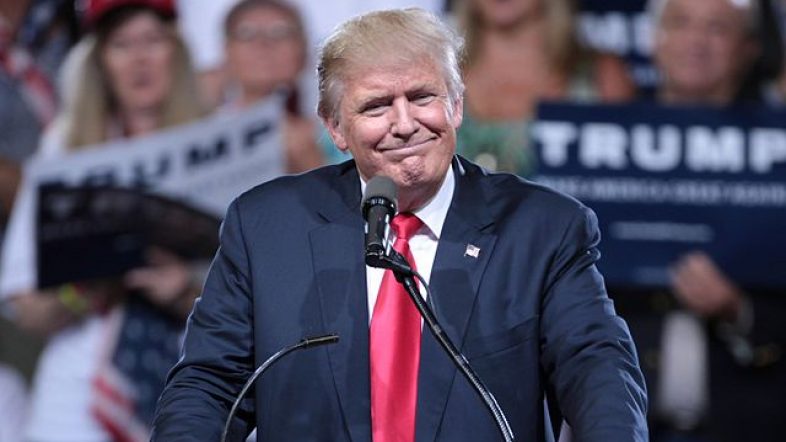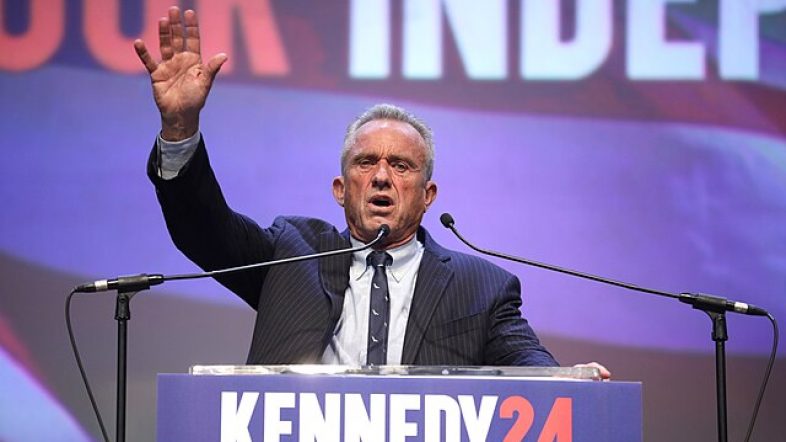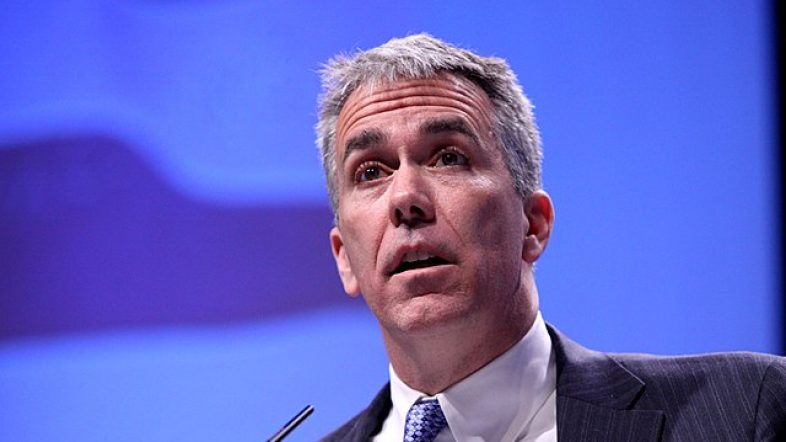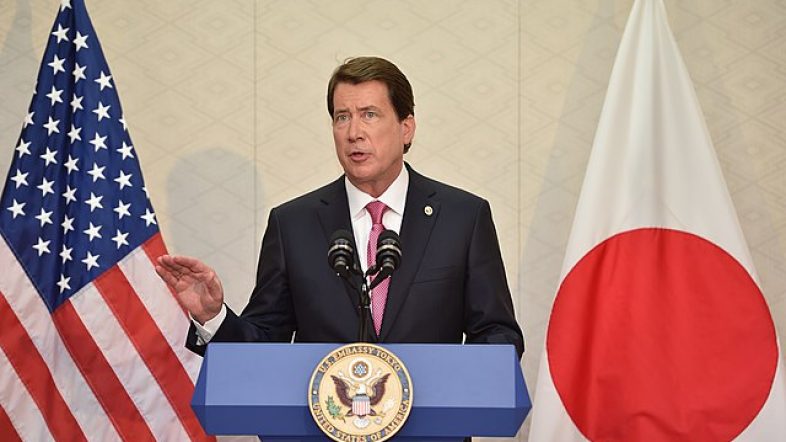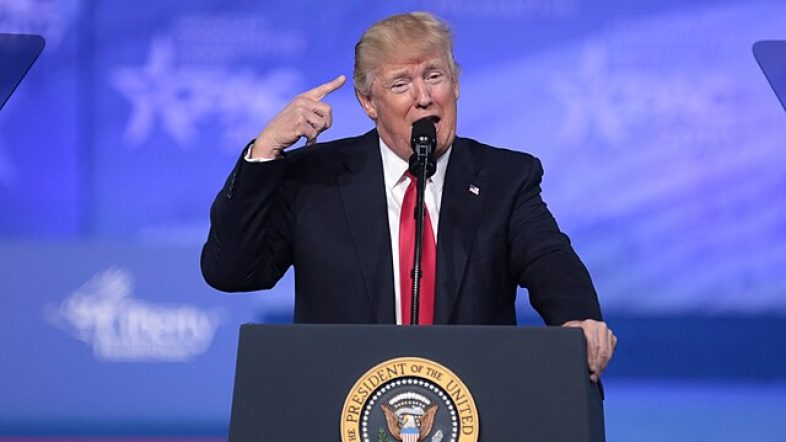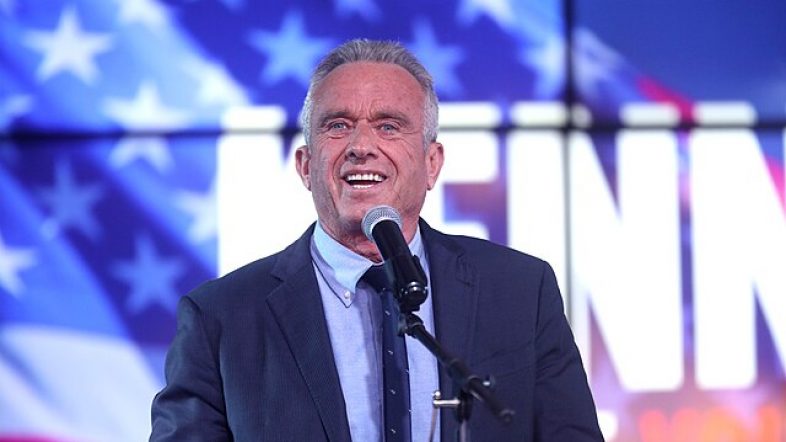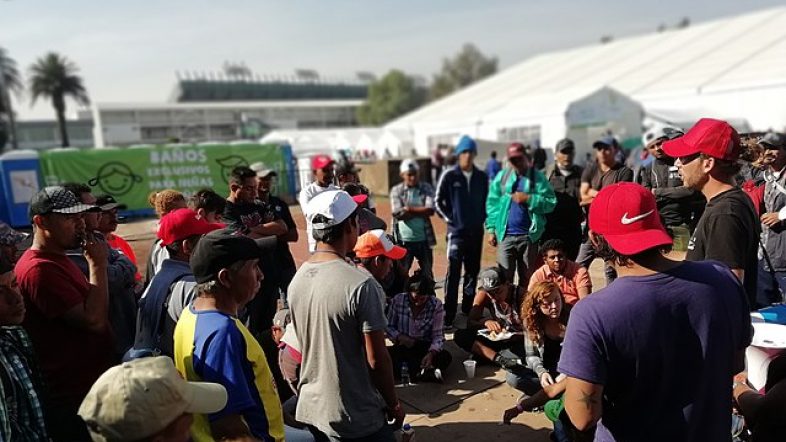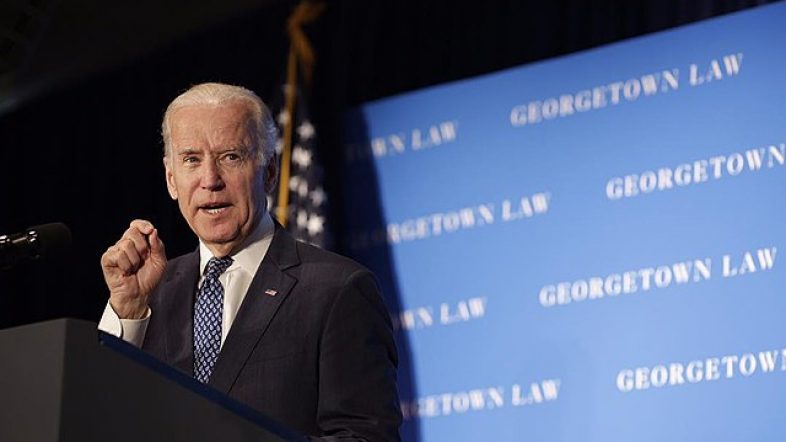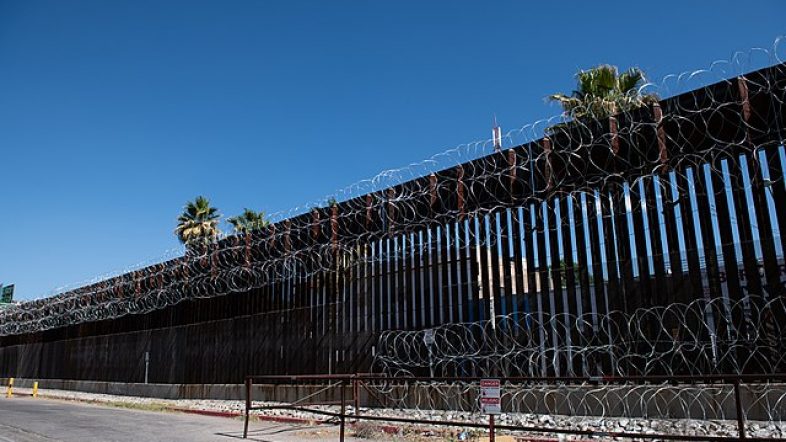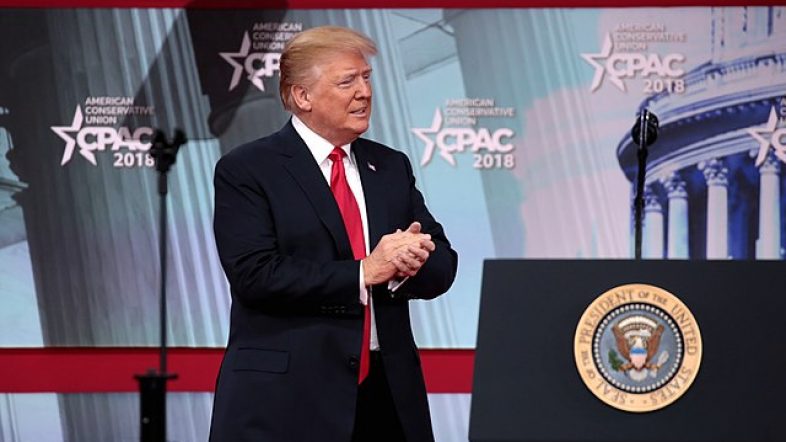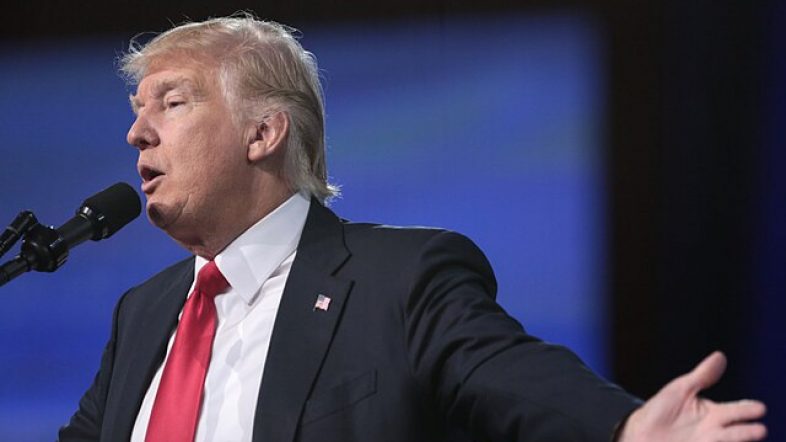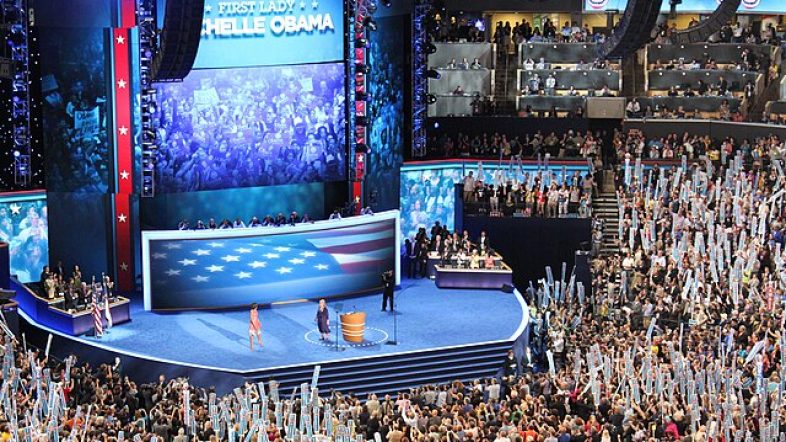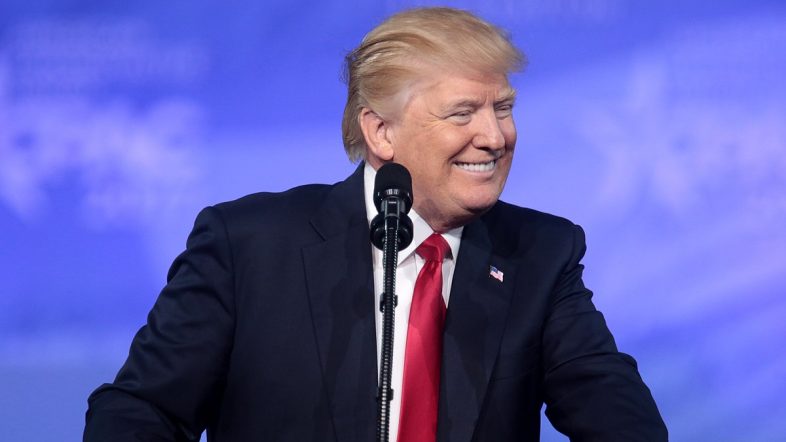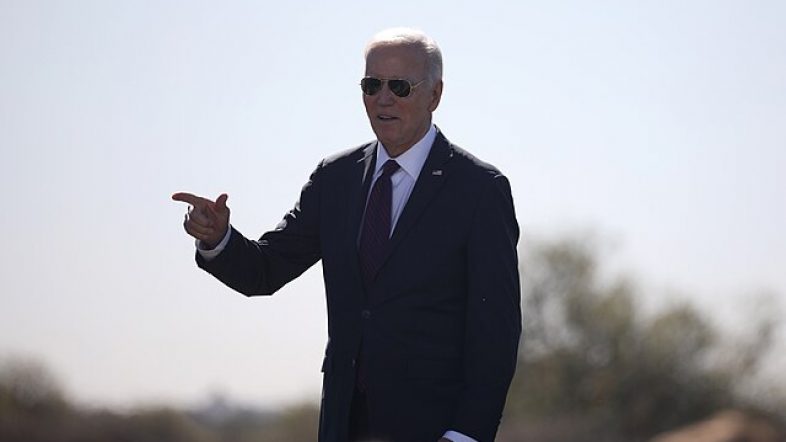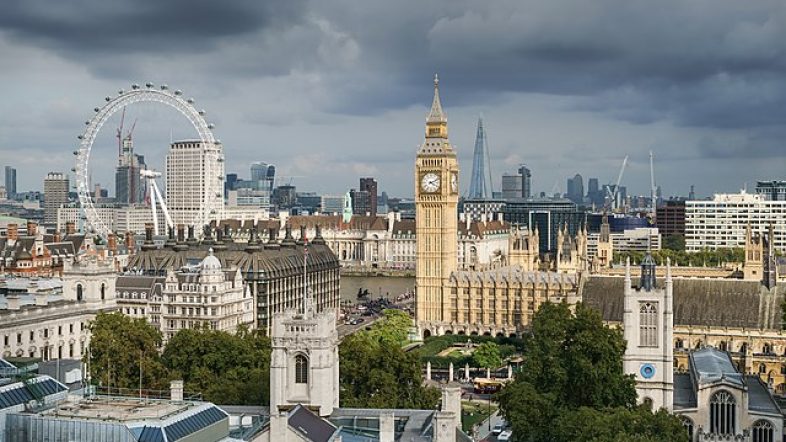Vice President Kamala Harris suggested that she has supported fracking since 2020 during her Thursday evening interview with CNN, but the Biden-Harris administration pursued many aggressive anti-oil and gas policies starting in 2021.
Harris, who said in 2019 that there is “no question” that fracking should be banned, told CNN host Dana Bash that she disavowed that position in 2020 — a claim that one of CNN’s fact-checkers disputed after the interview — and that she does not support a ban today. However, the Biden-Harris administration took numerous actions to crack down on fracking as well as oil and gas activity writ large over the course of its tenure.
“Do you still want to ban fracking?” Bash asked Harris, who was accompanied by her running mate, Democratic Minnesota Gov. Tim Walz, for her first sit-down interview since replacing President Joe Biden as the de facto Democratic nominee in July.
“No, and I made that clear on the debate stage in 2020 that I would not ban fracking. As vice president, I did not ban fracking. As president, I will not ban fracking,” Harris responded.
CNN fact-checker Daniel Dale pointed out after the interview that Harris did not actually make clear in her 2020 vice presidential debate appearance that she opposes a fracking ban. The transcript from her 2020 debate against then-Vice President Mike Pence shows that she repeatedly said “Joe Biden will not end fracking” and that she did not include herself in those statements.
“What made you change that position at the time?” Bash asked, seemingly unaware that Harris did not actually explicitly and completely reverse her position on the debate stage in 2020.
“Well, let’s be clear. My values have not changed,” Harris responded. “I believe it is very important that we take seriously what we must do to guard against what is a clear crisis in terms of the climate. And to do that, we can do what we have accomplished thus far.”
Harris proceeded to suggest that the U.S. can execute the energy transition without banning fracking and touted the Inflation Reduction Act (IRA) — Biden’s signature climate bill that passed the Senate with Harris’ tie-breaking vote in 2022 — as evidence. She also touted the fact that the IRA essentially mandated some oil and gas lease sales as evidence that she is not opposed to fracking.
However, the number of onshore acres available for lease sales, the number of leases issued, and the number of acres issued through those leases all trended down significantly over the years the Biden-Harris administration was in office, according to Bureau of Land Management (BLM) data analyzed by the Western Energy Alliance. Moreover, the Institute for Energy Research has found that the Biden-Harris administration took approximately 250 actions that make it more difficult to produce oil and gas.
For example, Biden signed an executive order that halted new oil and gas leases on federally controlled lands within his first week of taking office, but the courts ultimately intervened to overturn that policy. The administration also issued the skimpiest offshore oil and gas leasing schedule in modern U.S. history in December 2023, while the IRA also contained a new de facto tax on natural gas producers.
The Biden-Harris administration also imposed a freeze on approvals for new liquified natural gas export terminals in January and moved to take tens of millions of acres of Alaskan land off the table for oil and gas activity.
The Harris campaign did not respond immediately to a request for comment.
Featured Image Credit: Lorie Shaull from St Paul, United States


